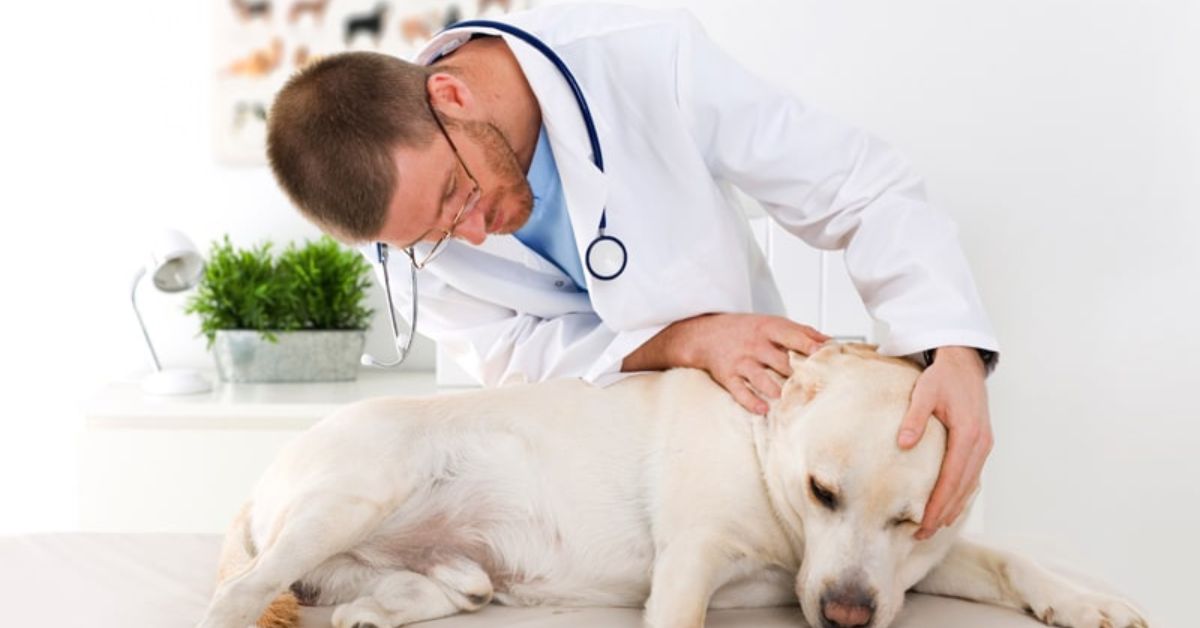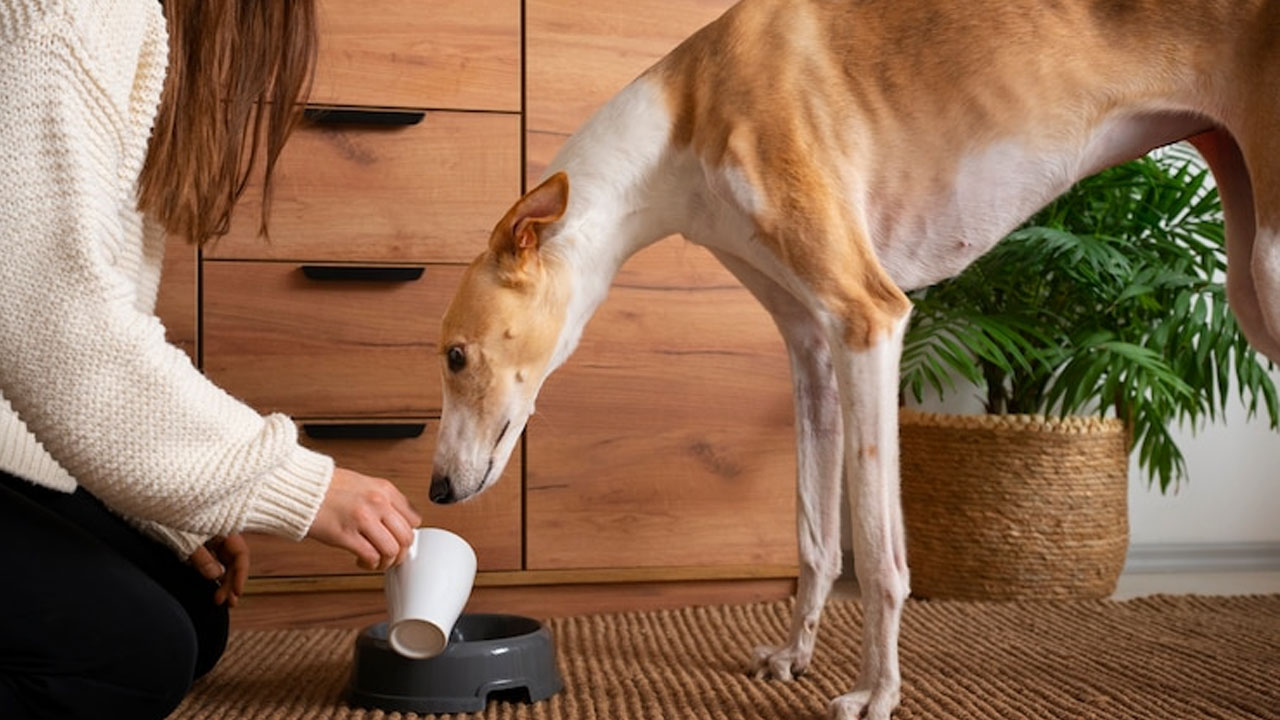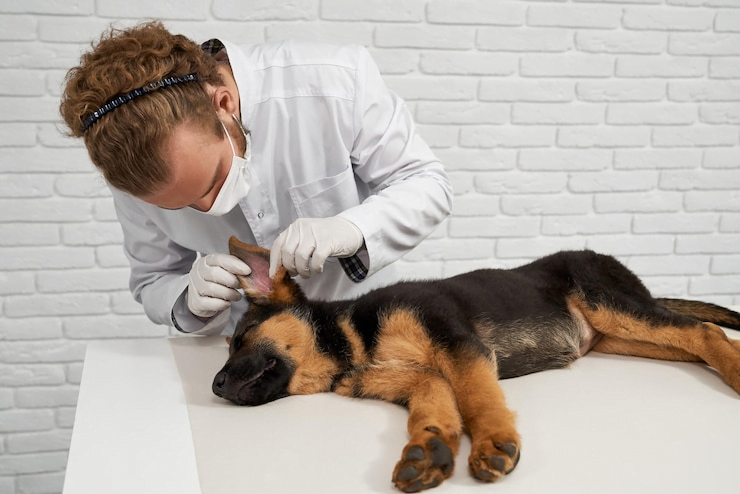Head-shaking in dogs is an expected behavior, but it can cause concern when Dog Shaking Head becomes excessive. Many dog owners find seeing their beloved pets constantly shaking their heads perplexing and worrying. This blog post aims to shed light on the reasons behind this behavior and offer practical advice for addressing it. Whether you’re dealing with a new puppy or an older dog, understanding the root causes and potential solutions can help ensure your furry friend’s well-being.
Why is My Dog Shaking Head?
When a pet parent observes their Dog Shaking Head head frequently, it can cause concern. Head bobbing in dogs usually indicates an underlying issue that needs attention and care. Understanding the reasons behind this behavior is crucial for ensuring your furry friend’s well-being.
Various factors can contribute to a dog shaking its head, such as ear infections, ear mites, allergies, foreign objects in the ear, or even something as serious as a tumor. By addressing the root cause of your dog’s head shaking, you can provide them with the necessary treatment and comfort they need. Let’s delve deeper into these potential causes and how to address them effectively.
Common Causes of Excessive Headshaking in Dogs
Various factors can trigger headshaking in dogs. It’s essential to identify the underlying cause to provide appropriate treatment.
Ear Infections
Ear infections are one of the most common reasons dogs shake their heads. Bacteria, yeast, or parasites like ear mites can cause these infections. Symptoms often include redness, swelling, and a foul odor emanating from the ear.
Allergies
Just like humans, dogs can suffer from allergies. These can be food-related or environmental, such as pollen or dust mites. Allergies often lead to itchy ears, prompting the dog to shake its head in discomfort.
Foreign Objects
Dogs are naturally curious creatures. Sometimes, tiny foreign objects like grass seeds or small insects can get lodged in their ears, causing irritation and leading to head shaking as they try to dislodge the object.
Ear Mites
Ear mites are tiny parasites that can infest a dog’s ears, leading to intense itching and discomfort. These mites are more common in puppies and can cause significant irritation, prompting the dog to shake its head frequently.
Recognizing When Headshaking Might Indicate a Serious Issue
While occasional headshaking is normal, excessive or violent shaking can indicate a more severe problem that requires immediate attention.
Persistent Shaking
If your dog is shaking its head persistently and seems distressed, it might indicate a more serious issue, such as a severe infection or an embedded foreign object. Persistent shaking can also lead to further complications like hematomas (blood-filled swellings) due to ruptured blood vessels in the ear.
Accompanying Symptoms
Look out for other symptoms that accompany headshaking. These can include discharge from the ears, a strong odor, swelling, or noticeable pain when touching the ears. If your dog tilts its head, loses balance, or displays hearing loss, it could indicate a deeper neurological issue.
Behavioral Changes
Changes in your dog’s behavior, such as increased irritability, lethargy, or loss of appetite, combined with headshaking, can indicate something is seriously wrong. In such cases, it’s crucial to consult a veterinarian promptly.
Home Remedies and When to Seek Professional Help
You can try several home remedies if your dog is shaking its head. However, it is essential to know when to turn to a professional for help.
Cleaning the Ears
Regularly cleaning your dog’s ears can prevent many issues. Use a veterinarian-recommended ear cleaner and gently clean the outer ear with a cotton ball. Avoid using cotton swabs as they can push debris further into the ear canal.
Over-the-Counter Solutions
Over-the-counter ear drops can provide relief for minor irritations or early-stage infections. These drops often contain anti-inflammatory and antibacterial properties to soothe and treat the ear.
When to See a Vet
If home remedies don’t alleviate the headshaking within a few days, or if the symptoms worsen, it’s time to seek professional help. A veterinarian can conduct a thorough examination, diagnose the underlying cause, and prescribe appropriate treatment, including medication or ear flushing.
Preventing Future Headshaking Episodes in Dogs
Prevention is always better than cure. Here are some steps to minimize the chances of your dog experiencing excessive head shaking.
Regular Check-Ups
Regular veterinary check-ups are crucial for maintaining your dog’s overall health. Vets can spot early signs of trouble and provide timely interventions to prevent more severe issues.
Proper Grooming
Keeping your dog’s ears clean and dry is essential, especially for breeds with floppy ears more prone to infections. Regular grooming sessions can help identify and address potential issues early on.
Balanced Diet
A balanced diet rich in essential nutrients can strengthen your dog’s immune system, making it less susceptible to infections and allergies. Consult your vet for dietary recommendations tailored to your dog’s specific needs.
Conclusion
Excessive head shaking in dogs can be a symptom of various underlying issues, from minor irritations to serious health concerns. By understanding the common causes, recognizing when to seek professional help, and taking preventive measures, you can ensure your dog remains healthy and happy.
If you’re uncertain or need personalized advice, consider booking a consultation with a veterinarian to discuss your dog’s needs. Together, you can create a care plan that keeps your furry friend comfortable and free from the discomfort of excessive head shaking.
FAQ
Why Does My Dog Keep Shaking His Head Like He Has Something in His Ear?
Your dog might have a foreign object or an infection in its ear. If the behavior persists, check for visible obstructions and consult a vet.
What Can You Do For a Dog With A Shaking Ear?
For a dog with a shaking ear, gently clean the ear with a vet-approved cleaner to remove any dirt or debris. Avoid using cotton swabs, which can push debris further into the ear. If the shaking continues, visit your veterinarian to rule out infections, allergies, or other ear problems.
Are There Any Home Remedies For Dog Headshaking?
Yes, regular cleaning with a vet-recommended ear cleaner can help. However, persistent issues should be addressed by a professional.
Can Head Shaking Be A Sign Of A Neurological Issue?
In rare cases, excessive headshaking can indicate a neurological problem. If your dog displays additional symptoms like loss of balance or hearing, consult a vet immediately.
What Should I Do If My Dog Keeps Shaking His Head?
If your dog keeps shaking his head, check for any signs of ear infection, mites, or foreign objects. Clean his ears gently and consult your vet if the shaking persists or you notice redness, discharge, or a foul smell.
What Can You Do For A Dog With A Shaking Ear?
If your dog’s ear is shaking, gently clean it with a vet-approved cleaner to remove dirt or debris. Avoid using cotton swabs, which can push debris further into the ear. If the shaking continues, visit your veterinarian to rule out infections, allergies, or other ear problems.












